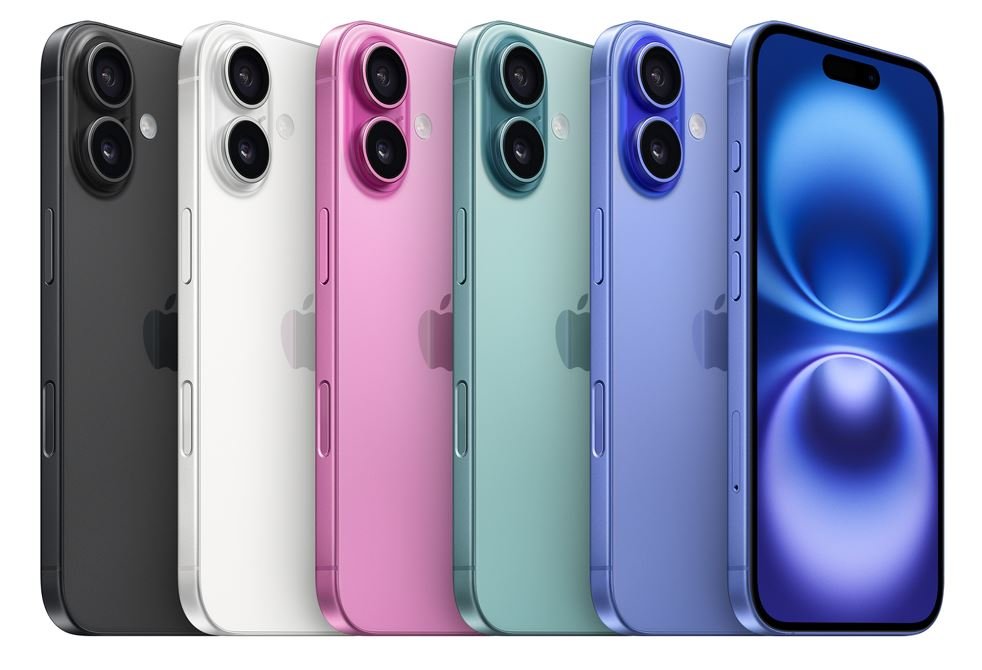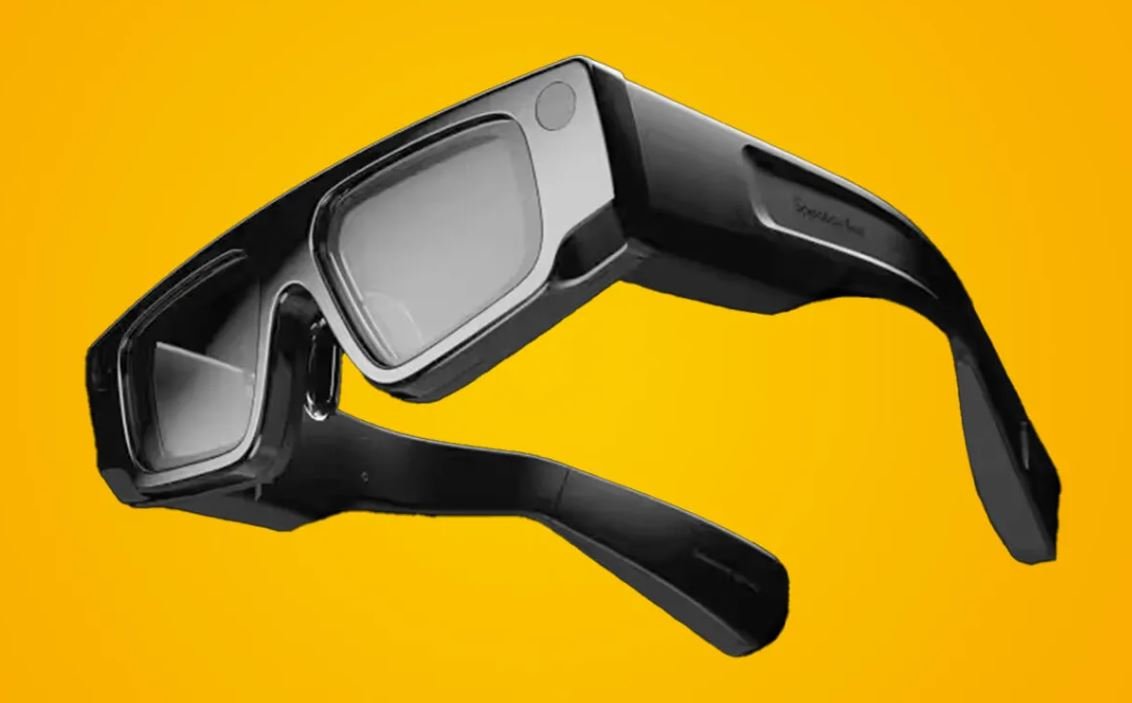Advancing Indoor Air Quality: The Impact of Air Purifiers
In a world increasingly marked by urbanization and industrialization, the issue of air quality has gained prominence. Even within our indoor spaces, pollutants significantly threaten our well-being. Air purifiers have emerged as indispensable tools in the pursuit of cleaner air, providing a refreshing solution to the escalating pollution levels.
The Significance of Air Purifiers

Indoor air pollution rivals its outdoor counterpart, with various sources contributing to the deterioration of air quality. Common indoor pollutants, such as dust, pet dander, mold spores, and volatile organic compounds (VOCs), demand effective solutions. Air purifiers have become crucial in mitigating the impact of rising pollution levels, offering fresh air in the face of these challenges.
How Air Purifiers Function
Air purifiers operate through a combination of filtration technologies designed to capture and eliminate airborne pollutants. Primary filter types include HEPA (High-Efficiency Particulate Air) filters, activated carbon filters, and UV-C light technology. HEPA filters effectively capture microscopic particles, while activated carbon filters absorb odors and chemicals. Simultaneously, UV-C light technology disrupts the DNA structure of bacteria and viruses. Some advanced models integrate multiple technologies for comprehensive air purification.

Benefits of Air Purifiers

- Enhanced Respiratory Health: Air purifiers play a pivotal role in mitigating respiratory issues by effectively removing allergens and irritants from the air. Those dealing with asthma, allergies, or respiratory conditions often find relief when indoor air quality is optimized.
- Reduction of Allergens: Pet dander, pollen, and dust mites, common triggers for allergies, are efficiently captured by air purifiers with HEPA filters. This not only provides relief to allergy sufferers but also creates a more comfortable living space.
- Elimination of Odors: Lingering cooking smells, tobacco smoke, and other unpleasant odours are absorbed and neutralized by activated carbon filters in air purifiers, leaving the air noticeably fresher.
- Protection Against Airborne Pathogens: UV-C light technology’s efficacy in neutralizing bacteria and viruses adds an extra layer of protection against airborne pathogens. This feature becomes particularly pertinent in times of increased concern about contagious diseases.
- Overall Well-being Enhancement: Breathing clean air contributes to an overall sense of well-being and heightened concentration. Many users report improved sleep quality, increased energy levels, and an overall better quality of life after integrating air purifiers into their living spaces.
Conclusion:
As concerns about air quality continue to grow, air purifiers have become indispensable for fostering a healthy indoor environment. Their ability to filter out pollutants, allergens, and pathogens positions them as valuable assets for households, offices, and various indoor spaces. By championing cleaner air, air purifiers not only safeguard our respiratory health but also contribute to an improved quality of life. As technological advancements progress, we can anticipate even more sophisticated and efficient air purification solutions that further refine our ability to breathe easily in an increasingly polluted world.




![Snapchat Spectacles (5th Gen) [Top Features Unveiled] [2024] Snapchat Spectacles](https://barefootclimb.com/wp-content/uploads/2024/10/Snapchat-Spectacles-150x150.jpg)





